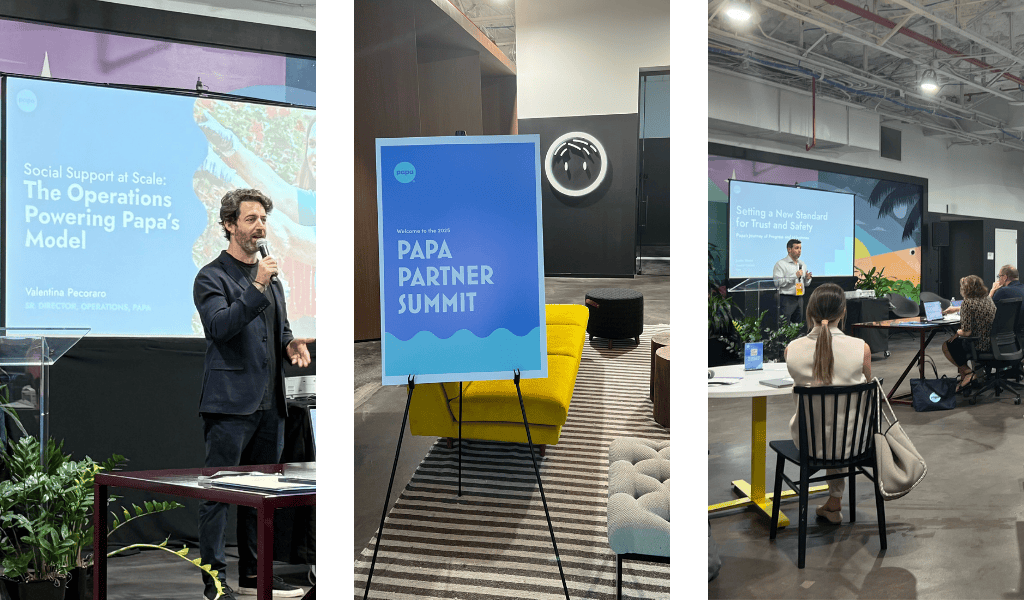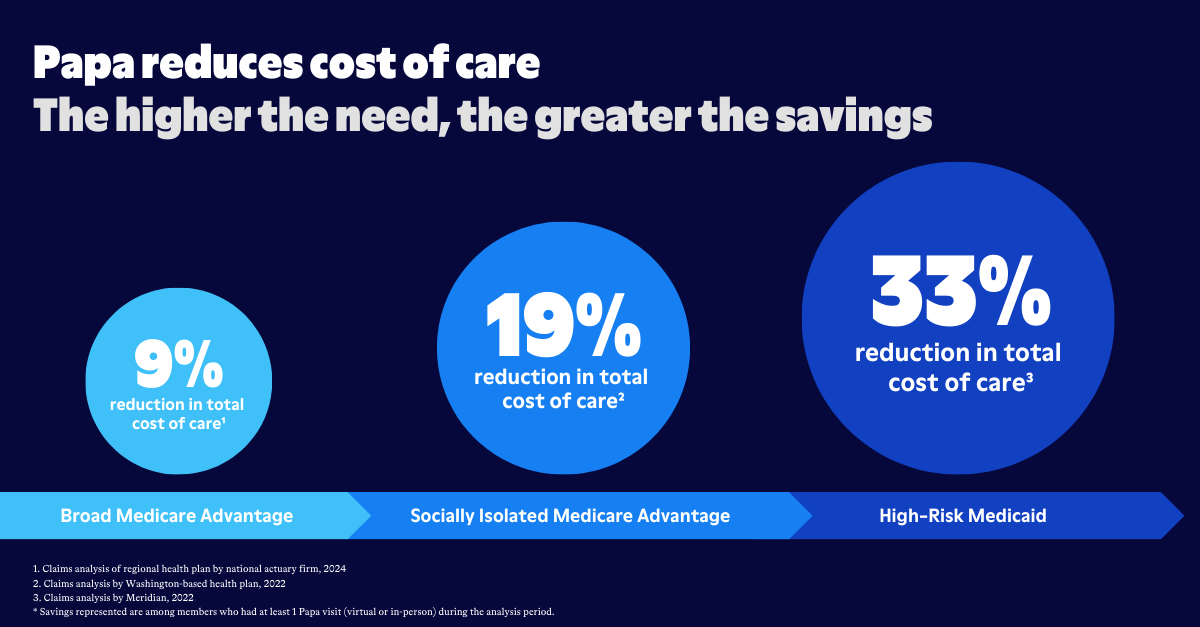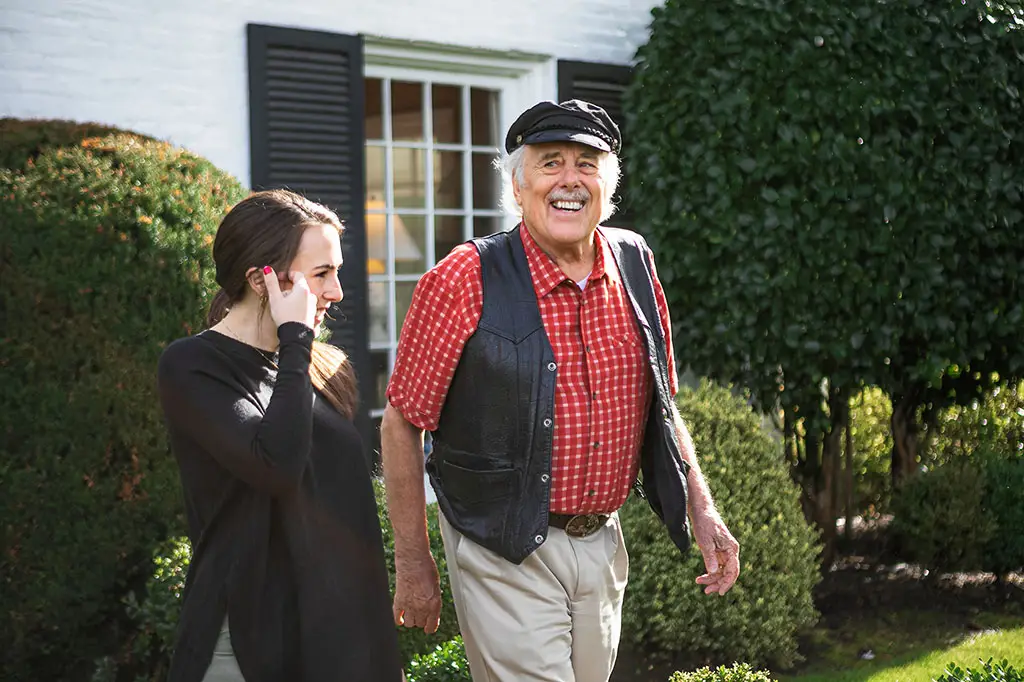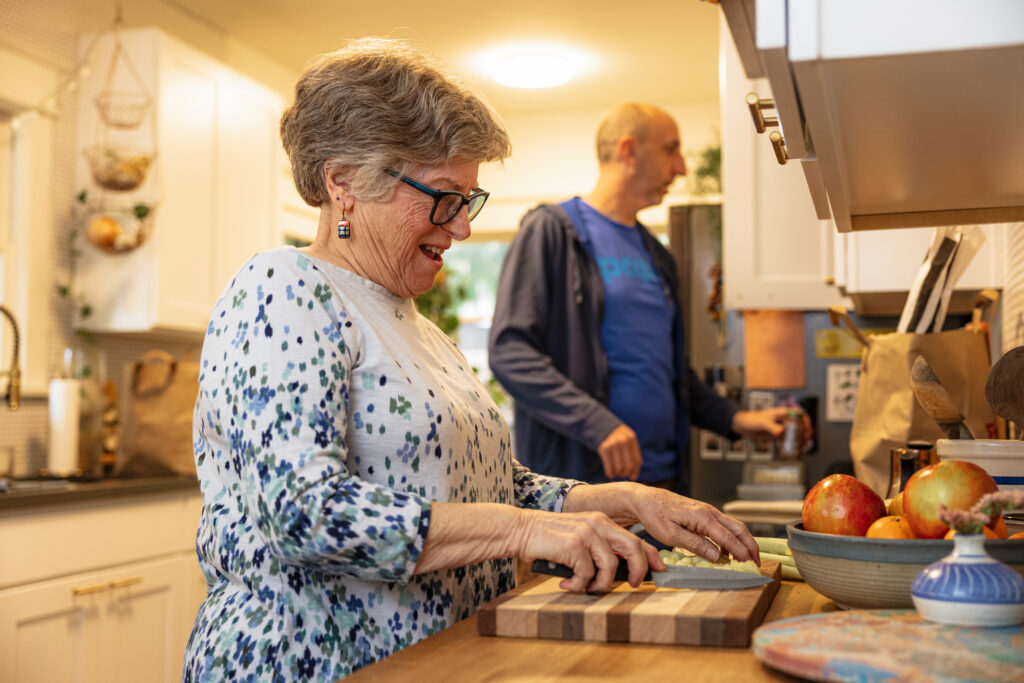
Many of us are reeling from the events of the past few years. A recent poll from CNN and the Kaiser Family Foundation found nine out of 10 Americans believe our nation is experiencing a mental health crisis. Meanwhile, our country’s caregiver crisis has reached an all-time high, forecasted to cost $290 billion per year in losses due to a shortage of workers to fill caregiving jobs and a departure of employees to care for their loved ones.
We know many people need support—whether to help with the everyday tasks that can sometimes seem insurmountable; caring for aging or young loved ones; or with the social and psychological challenges we face each day.
Collectively, we need new approaches to these outsized problems. Health plans, providers, and employers are all looking for answers.
Consider Lacey, a young mother of four living in Michigan. Like many of us, she found herself struggling during the pandemic and in need of support and someone to talk to. Lacey and her children bonded instantly with Papa Pal Michelle, who lives in the neighborhood and was missing her own daughter. Michelle advocates for Lacey at the food bank, drives her to doctor’s appointments and the grocery store, and has become a friend Lacey can rely on. Michelle has also made a big impact on Lacey’s four-year-old son, who became introverted and grumpy during the pandemic: “He's more open to learning new things,” Lacey said, “...I love the relationship they have.” The impact of Michelle’s support has had a ripple effect that passed through Lacey, her children, Michelle, and their shared community.
Increasingly, people recognize the incredible importance of social connection, and are embracing Papa’s approach.
In 2022, thousands and thousands of Papa Pals spent well over a million hours with our members, including driving them nearly two million miles to places like the grocery store, pharmacy, and doctor’s appointments. Since our founding, Papa Pals have driven members more than five million miles in total—the equivalent of 200 trips around the Earth.
Papa Pals have cared for members through all the ups and downs this year has brought, from providing emotional support during Hurricane Ian, to throwing a 103rd birthday party for a member and her family, to taking a member to her chemotherapy appointments and celebrating her last treatment with flowers in hand, to encouraging (and accompanying) a lonely member to buy fish for her new home aquarium—because she’s not a cat person. As we look to 2023, we are poised to engage more members, change more lives, and spread the value and great work of our Papa Pals even further.
And we’re committed to providing the tools for success. This year, we expanded our suite of Papa Pal support materials, including fun in-home activities for Papa Pals to use with members, and introduced a Papa Pal Post newsletter. We’re also continuing to invest heavily in our Papa Pal app, including enhanced location tracking and visit modification capabilities, to improve dependability and self-service options for our Papa Pals.
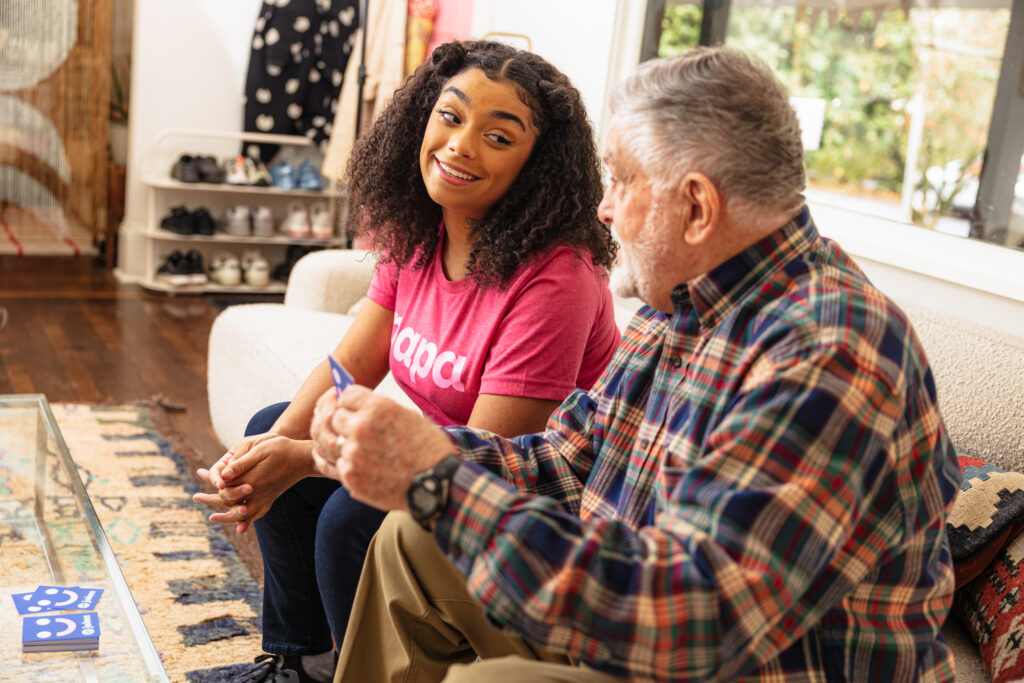
Sustainable growth and impact
Heading into 2023, we continue our strong partnership with health plans across the U.S., like Elevance Health, Humana, Cigna, and Aetna. And as our total portfolio expands to about 100 clients, we’ll welcome new clients like Commonwealth Care Alliance, CalOptima, and L.A. Care Health Plan.
With these expansions and new clients, including our entrance into the employer space, we’ll have the opportunity to support even more members in 2023. We expect to deliver nearly 1.5 million hours of companionship, as we significantly expand our eligible membership base.
The result: less loneliness, fewer trips to the emergency room, a brighter outlook, and better physical health for more.
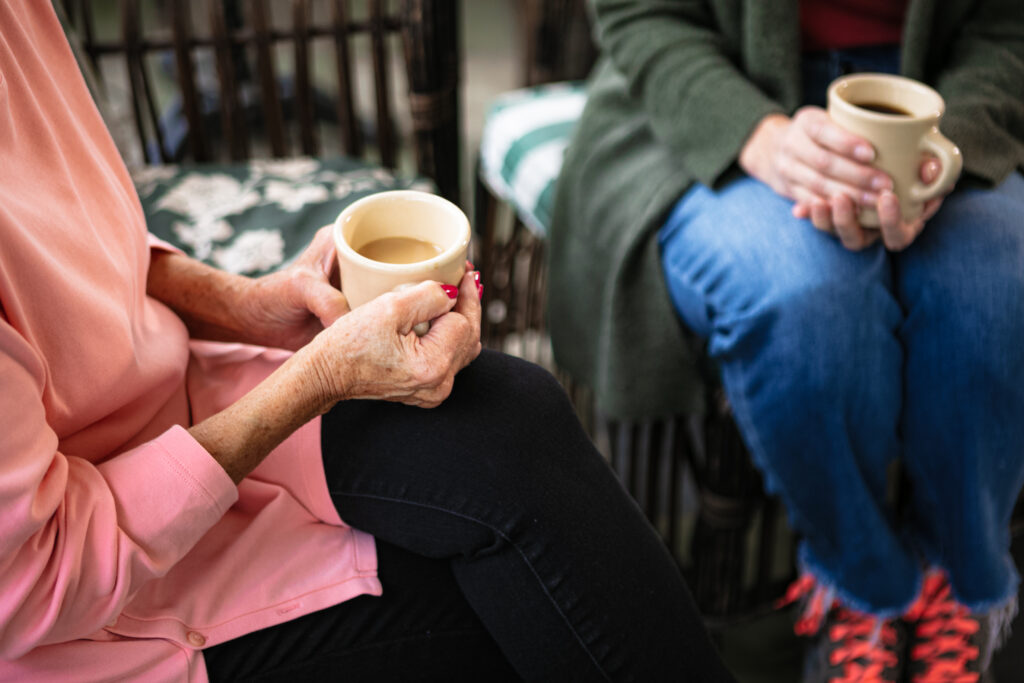
Proving the clinical and financial impacts of social support
While we never waiver from our person-first model, facts and data always inform our approach to best serve our members. This fall, we presented or published five studies that highlight the power of our Papa Pals and social support model. Taken together, the research demonstrates that companion care improves health, reduces costs, and can help address disparities across communities.
This body of research includes claims-based studies with SummaCare and Meridian, showing the clinical and financial impact of using companion care to address non-clinical needs across Medicare Advantage and Medicaid populations. The study of Medicaid members from Meridian, a Michigan-based health plan, found Papa reduced overall health care costs by 33% for the cohort of high emergency department utilizers. And in both studies, active Papa members had lower emergency department utilization and hospital readmission rates, and accessed significantly more preventive care, such as cancer screenings and diabetic eye exams.
Through multiple studies, Papa also examined the role companion care can play in improving health equity for lower-income individuals and individuals living in communities of color. In a study presented last month, Papa found Dual Eligible Special Needs Plans (D-SNP) members experienced a greater prevalence of severe loneliness and physically unhealthy days, compared to Medicare Advantage members. This group also had a 10% higher activation rate with Papa, indicating a higher need for support.
Another study presented earlier this year found Papa participants living in communities of color are 200% more likely to have no one for social support and 35% more likely to worry they won’t have enough food by the end of the month. Similar to the study above, individuals in this group were found to use Papa’s services 25% more than those not from communities of color.
As we reorient the health care system around social drivers of health, it’s imperative we address the long-standing disparities that have stood in the way of equitable health and care, and meet people where they are—at home and in communities—because that’s where real health, and change, happens.
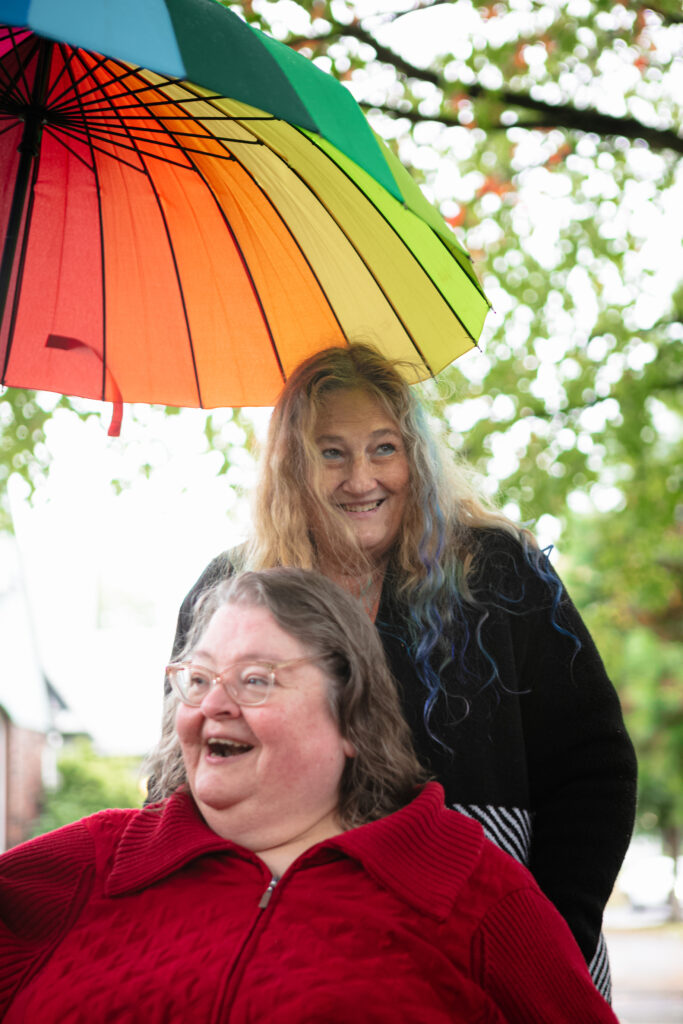
A redirection of the course of care
As recent census findings revealed a more than 70% increase in the number of Americans over 50 who live alone compared to 2000 and a 37% decrease in time Americans spend with friends each week compared to five years prior, we were excited this past fall to introduce and celebrate our inaugural Be a Pal Week. Be a Pal Week is an annual week of engagement aimed to help fulfill Papa’s vision of a world where no one has to go it alone. Our call for everyone to do one thing that brings us closer together inspired people to build connections with those around them, built cohesion among our mostly remote team, and engaged not only our stakeholders, but families, friends, and friends of friends in this very important work. It even led to a record number of new referrals applying to be Papa Pals—the most we’ve seen in a single week.
Our new category of care—and the broader ripple effects on family and community—is getting the recognition it deserves. In 2022, we received several industry awards, including: Fortune’s 10 Innovators Shaping the Future of Healthcare and Goldman Sachs’ Most Exceptional Entrepreneurs of 2022 for Founder and CEO Andrew Parker; a Pinnacle Award from the Michigan Association of Health Plans for Meridian’s Papa program among Medicaid members with high emergency department utilization; a finalist recognition from the UCSF Digital Health Awards; inclusion on HolonIQ’s 2022 North America Health Tech 200 list; and our Chief Marketing Officer, Liz DeMatteis’s, induction into the Care Guild class of 2022.
While we’re proud of the numbers and recognition, all of this represents something much bigger: a redirection of the course of care, centered around our humanity rather than our ailments, and a reclamation of community to get us there.
And we’re just getting started. As we look to the coming year, we are determined to deliver more value for the diverse group of Papa Pals, members, employees and clients we are so honored to serve, as we usher in a new era of whole-person care.
